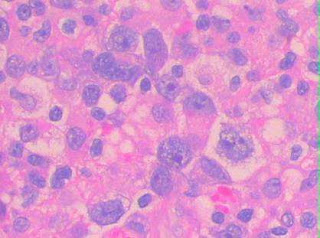Definition of polycystic kidney
Polycystic kidney disease (PKD) is a genetic disorder characterized by the growth of numerous cysts in the kidneys. When cysts form in the kidneys, they are filled with fluid. PKD cysts can profoundly enlarge the kidneys while replacing much of the normal structure, resulting in reduced kidney function and leading to kidney failure. PKD is the most common inherited kidney disease, affecting an estimated 12.5 million worldwide. 1 in 10 people under 65 on dialysis has it, and 1 in 8 with a kidney transplant has it.
Types of polycystic kidney
● Autosomal dominant PKD is the most common inherited form. Symptoms usually develop between the ages of 30 and 40, but they can begin earlier, even in childhood. About 90 percent of all PKD cases are autosomal dominant PKD. Autosomal dominant PKD is the most common inherited disorder of the kidneys. The phrase "autosomal dominant" means that if one parent has the disease, there is a 50 percent chance that the disease gene will pass to a child. In some cases-perhaps 10 percent-autosomal dominant PKD occurs spontaneously in patients. In these cases, neither of the parents carries a copy of the disease gene.
● Autosomal recessive PKD is a rare inherited form. It appears in infancy or childhood. This form is much less common than autosomal dominant PKS, but it tends to be very serious and gets worse quickly. It can cause serious lung and liver disease, end-stage kidney disease, and it usually causes death in infancy or childhood.
Direct reason for polycystic kidney
Phenotypic cells turn into the cyst wall skin cells, constantly in secretory fluids, makes the cyst growing thus forming the polycystic kidney. A family history of PKD increases your risk for the condition. As many as half people with PKD have cysts on the liver. The typical characteristics of the disease is has a tendency to familial aggregation.




没有评论:
发表评论